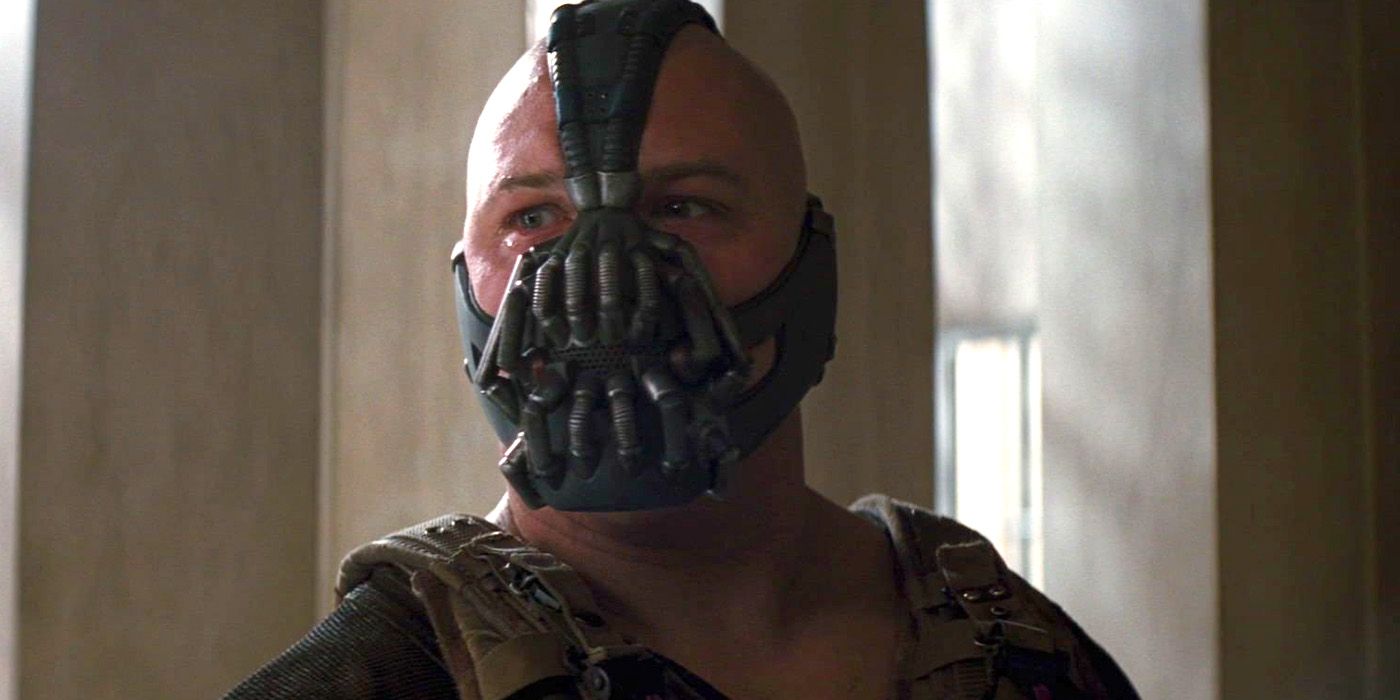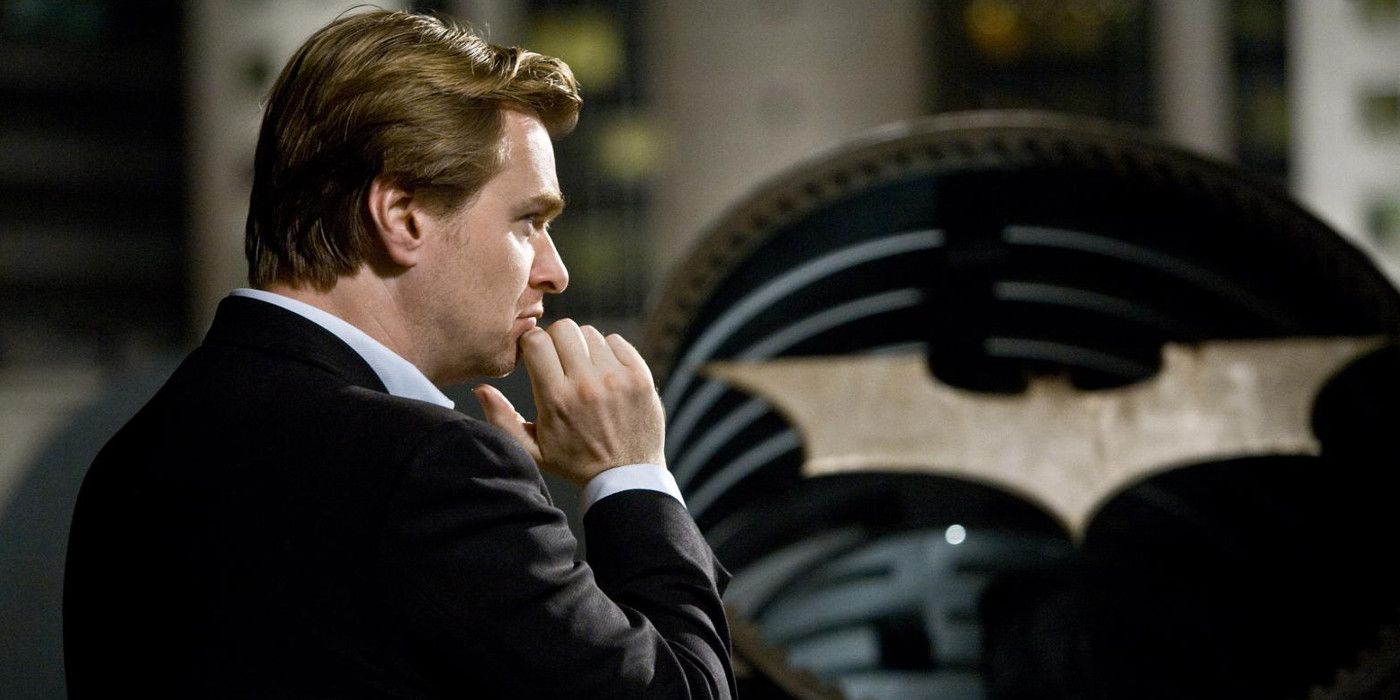Writer/director Christopher Nolan's previous deals with Warner Bros. required the studio to block release dates for nearly a month around his films. The filmmaker's relationship with the studio first began in 2002 when Nolan was tapped by WB to helm the English-language remake of Insomnia starring Robin Williams, Al Pacino and Hilary Swank, which would become a critical and commercial hit. This would lead to his most celebrated venture yet with The Dark Knight trilogy, beginnging with 2005's Batman Begins and concluding with The Dark Knight Rises.
In between the DC Comics films, Nolan would also deliver the critically acclaimed sci-fi mystery thrillers The Prestige and Inception, both of which garnered Oscar nominations and the latter winning four for Best Cinematography, Best Sound Editing, Best Sound Mixing and Best Visual Effects. Following the conclusion of The Dark Knight trilogy, Nolan would extend his creative relationships to Paramount Pictures and Legendary Pictures for Interstellar, on which WB still co-financed, which would similarly receive rave reviews, an Oscar for Best Visual Effects and a box office smash. After returning to sole WB productions with Dunkirk and Tenet, the relationship between the studio and Nolan would crumble over the release plans for the latter film in the midst of the pandemic and now new details are coming to light about their time together.
In a new report exploring Nolan's upcoming partnership with Universal Pictures, Variety has revealed new details regarding the filmmaker's time with WB. Insiders have revealed that Nolan's individual film deals required the studio to institute a three-week blackout period on its release calendar surrounding his films. The report reveals Nolan has also requested similar terms from Universal, though there appears to be some wiggle room in their agreement in comparison to his deals with WB.
It's not entirely surprising a filmmaker would want to have their film be the center of a studio's attention at the time of its release nor that a studio would avoid putting too many of its films' release dates close to one another to ensure the best box office returns possible for each film. While no specific dates or films were referenced in regards to Nolan's blackout period requirement, a look back at WB's release schedule seems to point towards it beginning around 2010 with Inception coming out a month after Jonah Hex and Cats & Dogs: The Revenge of Kitty Galore coming out two weeks after. 2012 saw a similar plan with Magic Mike and The Campaign's releases being three weeks before and after the arrival of The Dark Knight Rises, the finale in Nolan's trilogy.
Given Christopher Nolan consistently delivered successes for Warner Bros., it's understandable that the filmmaker would have enough pull to demand a three-week blackout period around his films, amongst other things. With the exclusive theatrical release of Tenet and WB's same-day theatrical and HBO Max release plans for their 2021 films bringing his relationship with the studio to an end, it will be interesting to see how much of his requirements studios will adhere to in the future. It will also be interesting to see what level of support audiences bring to his next project after the divisive response to his sci-fi action thriller.
Source: Variety


